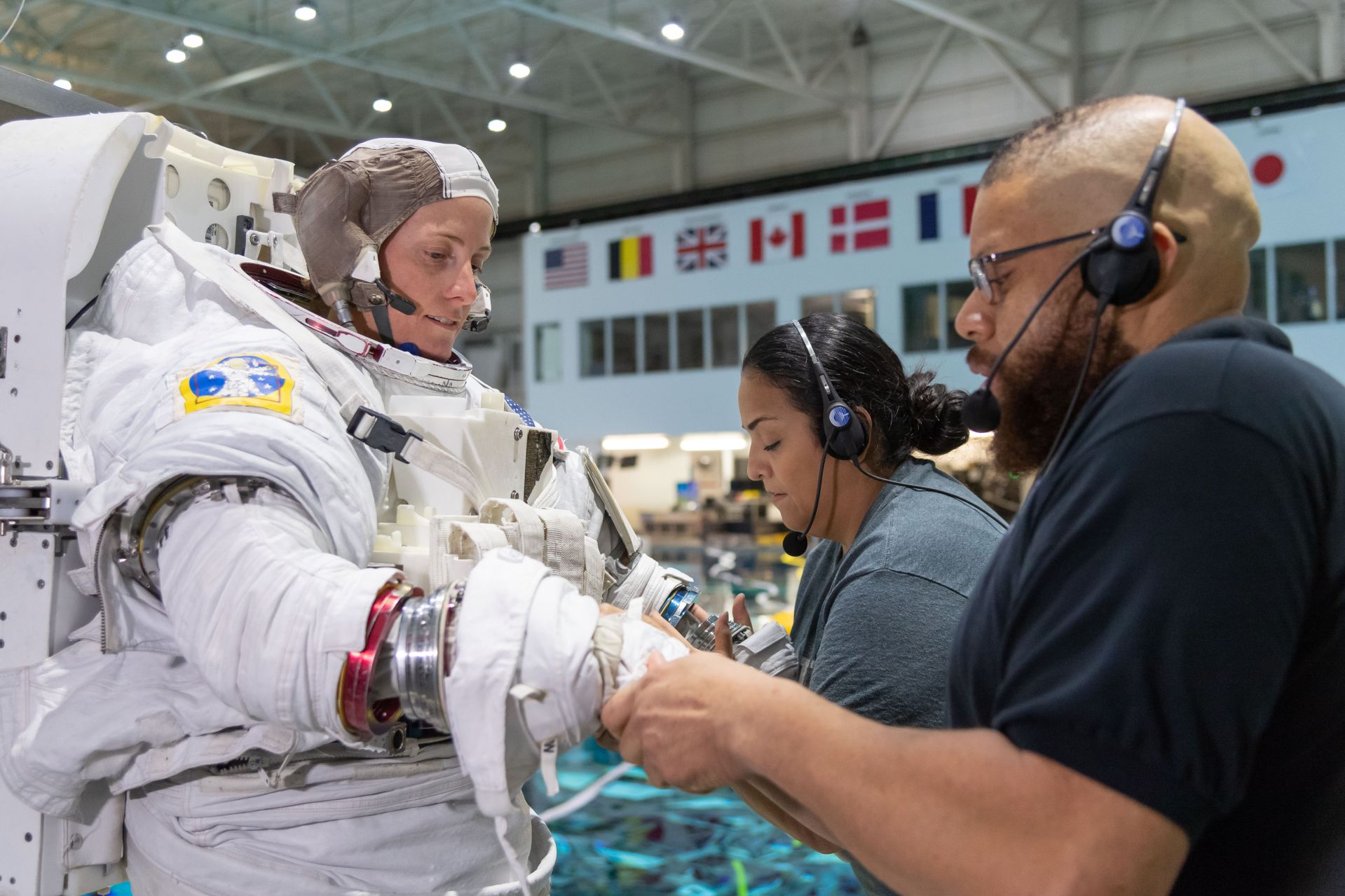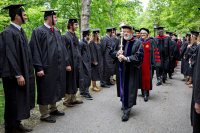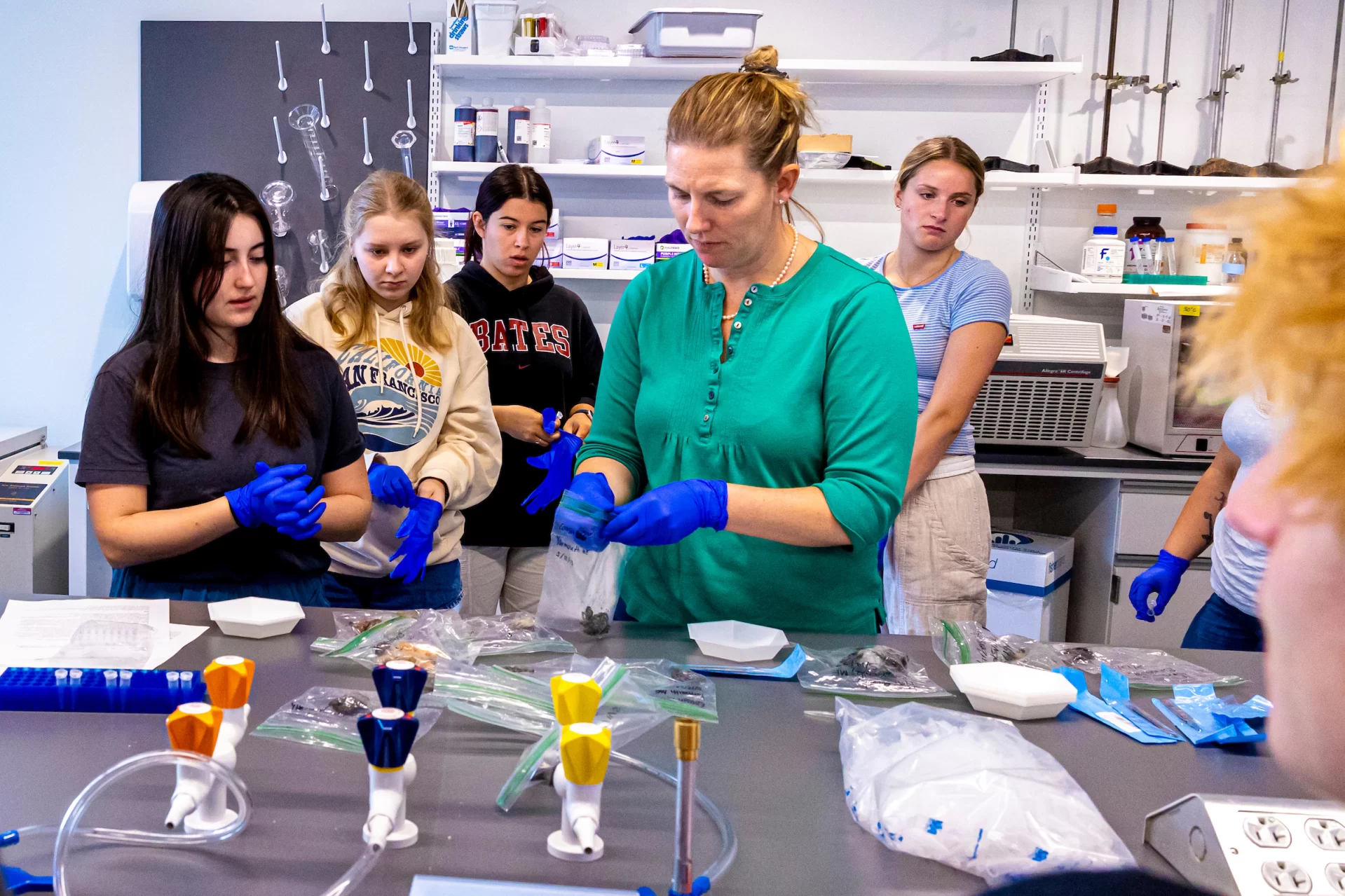
Saying goodbye to Jennifer Doudna after Commencement 2019, Bates biologist Larissa Williams called out, “I can’t wait to hear about your Nobel!”
Well, that didn’t take long. On Wednesday, the 2020 Nobel Prize in Chemistry was jointly awarded to Doudna and research colleague Emmanuelle Charpentier for their discovery of the CRISPR-Cas9 technology, a radically accessible approach to editing the DNA of any organism.
During Commencement weekend in 2019, Williams, an associate professor of biology, had the honor of serving as Doudna’s faculty host. A traditional Commencement role, the faculty host helps the visiting dignitary feel at ease, welcomed, and well-guided through the many and varied weekend events.
At the honorand dinner the night before Commencement, held at the downtown Royal Oak Room, each faculty host offers a welcoming tribute to their guest, followed by a toast. In her remarks, Williams put Doudna’s groundbreaking work into lay terms.
Williams described how Doudna and her colleagues were able to “uncover a gene editing process that already existed in nature.”
That process was found in bacteria and archaea, which had developed a primitive immune system as a defense against attacking viruses. Simply put, these organisms would “cut up invading viruses,” Williams said. From that, the researchers were able to “figure out how this system worked and then how to manipulate it to edit DNA from any organism.”
The resulting technology, known as CRISPR-Cas9, is “a set of molecular scissors that can cut and edit the genome of any organism on earth,” said Williams. “This technology has been used worldwide to not only understand biology, but change biology as we know it.”
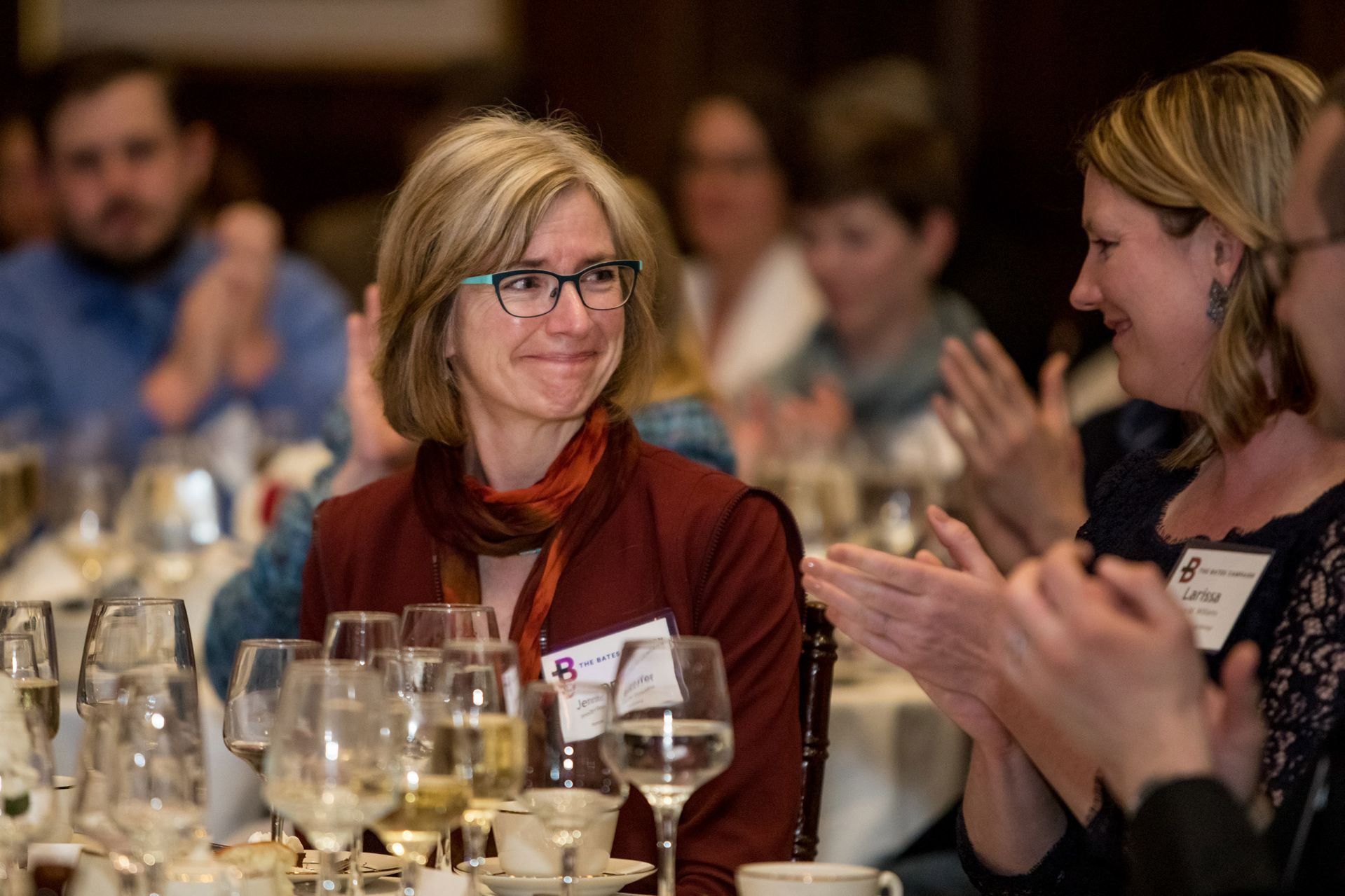
For example, “agricultural crops are being made hardier in their response to drought, mutations are being accurately corrected in laboratory cancer cell lines, and the yield of biofuel from algae has been doubled.”
With the discovery of CRISPR and its “unimaginable utility” has come the “recognition of the ethics of its use, especially in humans. Dr. Doudna has risen to the challenge of being involved in those conversations.”
At Bates today, students and faculty routinely use the CRISPR technology. For Williams, it allows her students to “edit any gene they desire in zebrafish in a matter of hours.” Before CRISPR, “a single gene knockout and the characterization of that effect would take an entire Ph.D. thesis to complete.”
And this fall, more than 50 students are working with Assistant Professor of Biology and Neuroscience Martin Kruse in two sections of his course “Gene Editing in Biology and Neuroscience.” Kruse reports that his students have been some impressed to know of Doudna’s connection to Bates.
Among other topics, Kruse’s students are looking at the evolution of CRISPR techniques and various approaches used to deliver DNA-modifying enzymes into an organism. They’re also discussing ethical implications of genome editing techniques for society.
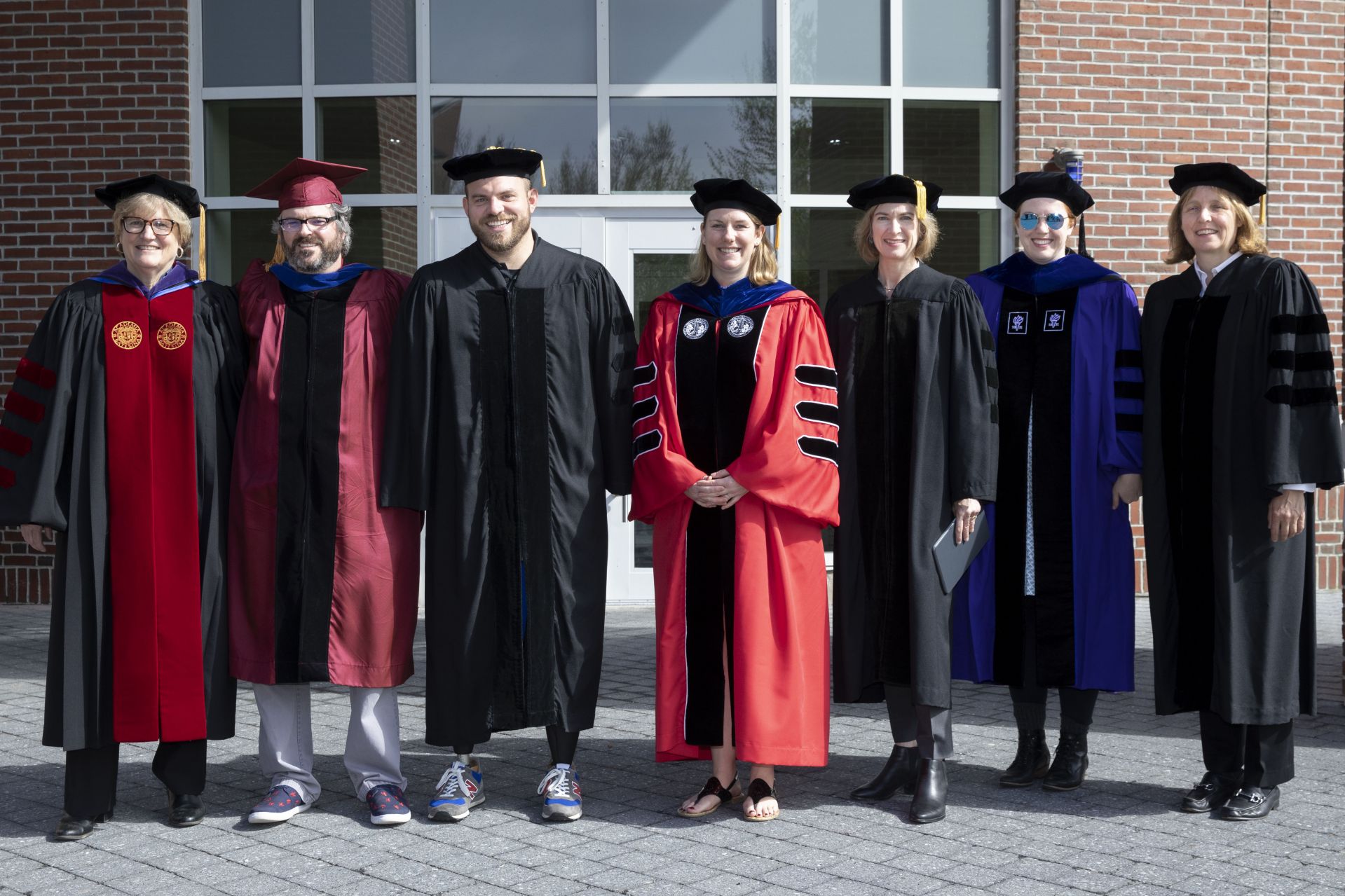
In 2019, in presenting the citation for Doudna’s honorary degree at Commencement, Dean of the Faculty Malcolm Hill noted that “scarcely a day passes without news coverage” touting the “revolutionary potential” of the CRISPR technology. And “not a single day passes without our guest thinking deeply about the nature of her work and its possible consequences — and urging us to do the same.”
